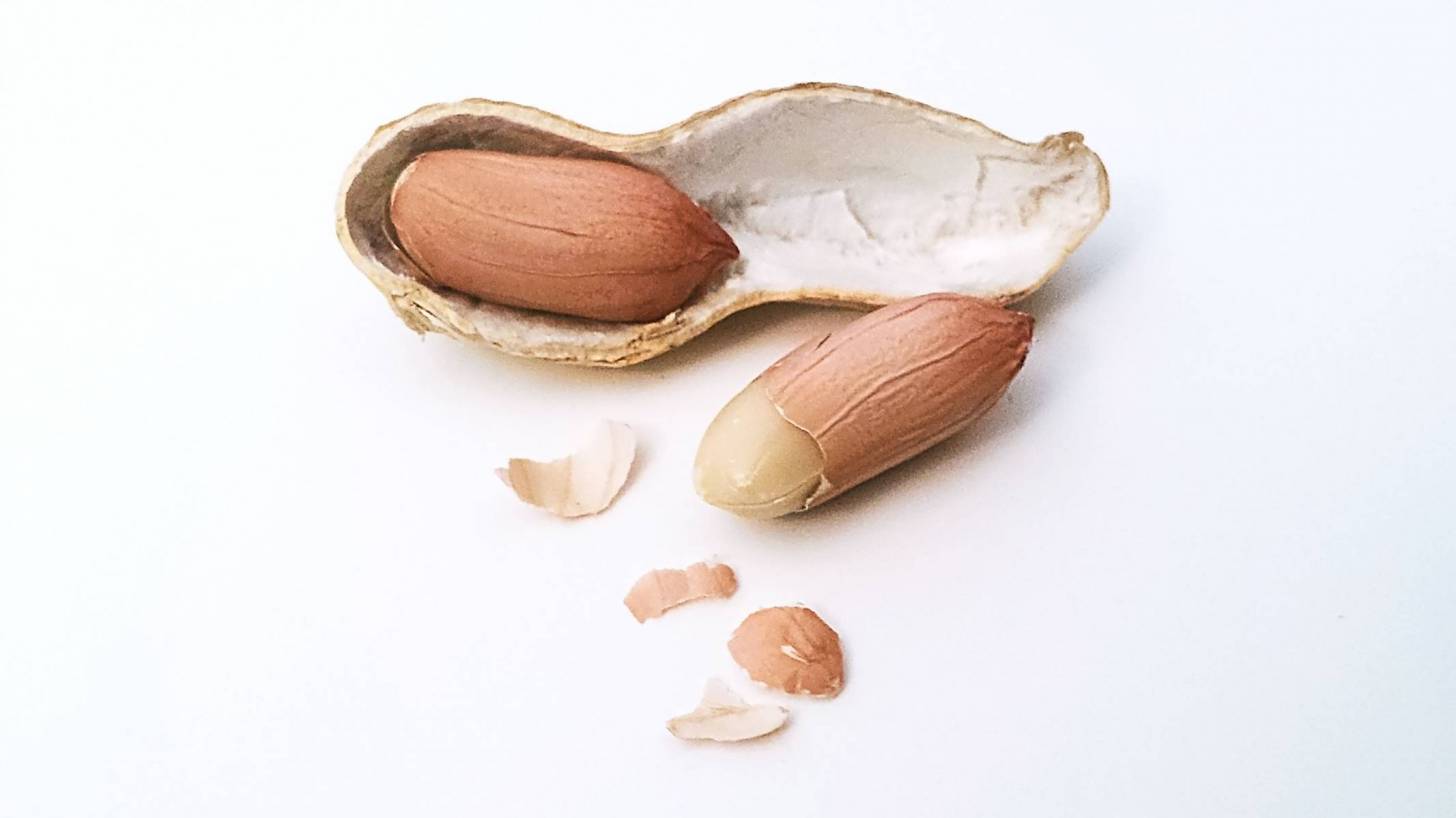Peanut Allergens May Cause the Gut Lining To Leak

The data from a recent study suggests ‘peanut allergens cross a model of the gut lining, causing it to leak.’
And, a vaccine developed using single peanut allergens displayed on CuMVtt may represent a novel and safe therapy against peanut allergy.
This pre-clinical study was published on December 19, 2019, identified a way to prevent the peanut allergen from attacking the gut lining and the development of a novel nut that doesn’t trigger an allergic reaction.
Furthermore, this study offers new opportunities for scientists to tackle peanut allergies, which impacts nearly 2 percent of children in the USA.
Globally, the incidence of food allergies and related life-threatening anaphylaxis is increasing, with the World Allergy Organization reporting about 220-550 million people are affected.
This new research was led by Dr. Dwan Price from Deakin University in Victora, Australia, revealed in a January 6, 2020 press release, “This is an extremely exciting finding because it helps explain why peanut allergens are so very potent.”
“It helps us understand why peanut allergy persists lifelong and only trace amounts are needed to trigger fatal anaphylaxis.”
This study reported ‘allergens hijack the transport mechanisms of cells in the intestine, disrupting the bonds that hold the gut lining together, making it permeable.’
‘The allergens hijack the transport mechanisms of cells in the intestine, disrupting the bonds that hold the gut lining together, making it permeable.’
To generate vaccine candidates, these researchers used extracts of roasted peanut (Ara R) or the single allergens Ara h 1 or Ara h 2, coupled to immunologically optimized Cucumber Mosaic Virus-derived VLPs (CuMVtt).
BALB/c mice were then sensitized intraperitoneally with peanut extract absorbed to Alum. Immunotherapy consisted of one single subcutaneous injection of CuMVtt coupled to Ara R, Ara h 1 or Ara h 2.
The vaccines CuMVtt-Ara R, CuMVtt-Ara h 1 and CuMVtt-Ara h 2 protected peanut sensitized mice against anaphylaxis after an i.v. challenge with the whole peanut extract.
These vaccines did not cause allergic reactions in sensitized mice.
CuMVtt-Ara h 1 was able to induce specific IgG antibodies, diminished local reactions after skin-prick-tests and reduced the infiltration of the gastrointestinal tract by eosinophils and mast cells after oral challenge with peanut.
The ability of CuMVtt-Ara h 1 to protect against challenge with the whole extract was mediated by IgG, as shown via passive IgG transfer.
FcγRIIb was required for protection, indicating that immune-complexes with single allergens were able to block the allergic response against the whole extract, consisting of a complex allergen mixture.
“It’s important to note, that this work (with mice) was performed on intestinal cells and doesn’t mean that peanuts will make your gut leaky. What it means is we know more about this powerful allergen and how it acts to trigger allergy,” concluded Dr. Price.
Previous peanut allergy vaccine news
- Researchers from the University of South Australia announced they have developed a radically novel vaccine candidate that’s poised to cure a potentially life-threatening condition, peanut allergies.
- The results of a phase 2 clinical trial indicate that people with allergies to ‘legumes’ would have to continue desensitizing treatment with peanut protein product in order to avoid reactions.
Currently, avoiding peanut allergens is the best way to manage an allergy, says the US Centers for Disease Control and Prevention.
Allergy news published by Precision Vaccinations
Our Trust Standards: Medical Advisory Committee







